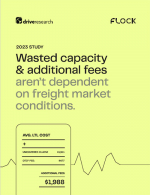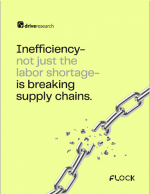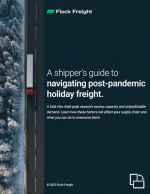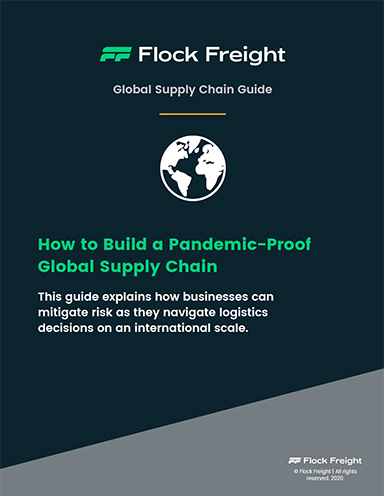How to Build a Pandemic-Proof Global Supply Chain
This guide explains how businesses can mitigate supply chain risk, including the latest coronavirus pandemic, as they navigate logistics decisions on an international scale.
What is Globalization?
Coronavirus has threatened public health, economies, and everyday life around the world.
Globalization has exacerbated the pandemic’s impact on supply chains.
In business contexts, globalization is defined as the practice of operating internationally and offers the following benefits:
- Lower production and labor costs
- Ease of scaling operations
- Resource optimization
Globalization is about sharing people, ideas, and information.
This exchange of resources enables organizations to build their products or services internationally.
For decades, this global division of labor maximized returns for every player in the supply chain.
Globalization has empowered producers to form adaptable supply chains in which they can swap suppliers and components as needed.
Confronted with coronavirus, however, supply chains have weakened, and globalization is on the hook. The pandemic has revealed that there’s little slack to help international supply chains bounce back if one link in the chain breaks down.
As a result, businesses are examining how much they rely on other nations.
How to Build a Pandemic-Proof Global Supply Chain: TOC
- Globalization defined
- Sourcing supplies from other countries make supply chains vulnerable
- The state of globalization in 2019: Fragmentation
- To produce here or produce there: That is the question
- China’s role in supply chains can’t be overemphasized
- Hidden costs of globalization
- The risks of fragmentation
- Mitigating risks for long-term success
- The migration of manufacturing
- Closing remarks
What’s Related




Favorites





